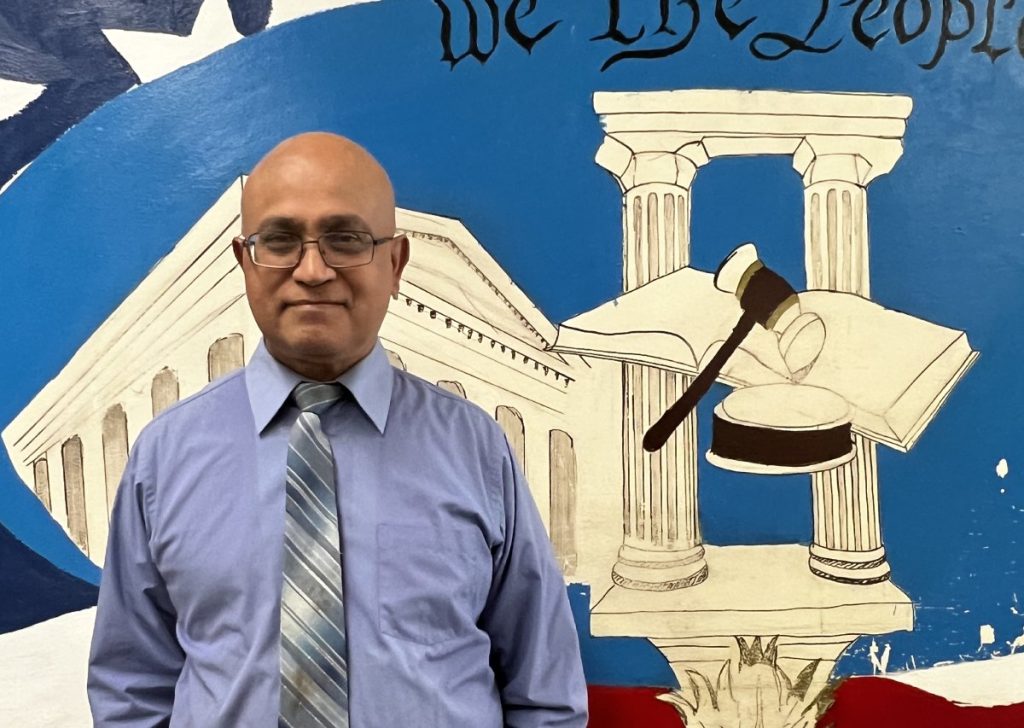Guyana currently holds the Presidency of the UN Security Council (SC) for the month of February. France held the Presidency in January and may have another shot next year.
Guyana was elected to the 15 members body last June. The Security Council membership rotates every two years among the ten non-permanent members. UN member nations (193) lobby for votes to get elected to that and other bodies that rotate at agreed periodic intervals.
The globe is divided into four areas with the ten SC seats divided up based on the number of members coming from the area — five to Asia and Africa, one Eastern Europe, two to Western Europe, two to Latin America and the Caribbean. The four areas are divided into regions or sub-regions and member states have an unwritten understanding and gentleman agreement to rotate the position like South Asia gets one, East Asia gets another, North Africa gets one, etc. India and Japan served the most two year periods for their area.
Brazil served the most for LA. Guyana and Jamaica served two terms each and Guyana is in its third. Canada also served several periods. It will be another twenty year before Guyana gets to serve in the SC again. Five members of the Council are elected annually replacing five members whose two year terms will end on December 31 this year so that there is continuity.
There are five permanent members — US, Russia, UK, France, and China. The five have veto powers — meaning any one can block resolutions adopted by the Council. India was offered a permanent seat in the Council in the 1950s but then Prime Minister Nehru (unwisely) declined it and recommended China instead. India, Japan, Germany, among others are lobbying for permanent member status. China and a few other states opposed expansion of the SC and permanent members. The entire UN votes to select the ten members of the Council. Members of a sub-region tend to have an agreement on which nation will have the slot and there is no competition from other member states from that area or region. Members lobby or trade off to win the votes of other members of the region as well as of the entire UN membership. Guyana won a huge majority when the vote was held last June, replacing Brazil from our region whose two year term ended December 31. 2023. Also elected were Algeria, Republic of Korea, Sierra Leone and Slovenia. Election is not based on the type of government — democracy versus dictatorship. All member states are equally entitled to be elected. Some opt not for election.
The Presidency of the Security Council rotates monthly among the 15 members of the body based on the alphabetical order of names of the fifteen countries. This is the first time that Guyana has been a member of the Security Council under a democratically elected government (PPP) but the third time as a member of the powerful UN body. It previously served in the council in 1975-76 and 1982-83 during the Burnham years. Guyana could get another slot if the Presidency late next year.
President Irfaan Ali is hosting a reception on the historic achievement of his administration winning a seat at the Council. Intense lobbying led to the exalted selection last year.
The primary role of the SC is to maintain international peace and security. The President of the Council chairs meetings. All member states of UN can appeal to the Council if there is a threat to its territory that has implications for peace and security.
President Irfaan Ali will hold a reception on the achievement on Tuesday evening in NY among invited guests. The achievement is a rarity that should deservedly be celebrated.
By Dr. Vishnu Bisram (Specialist in International Relations)
